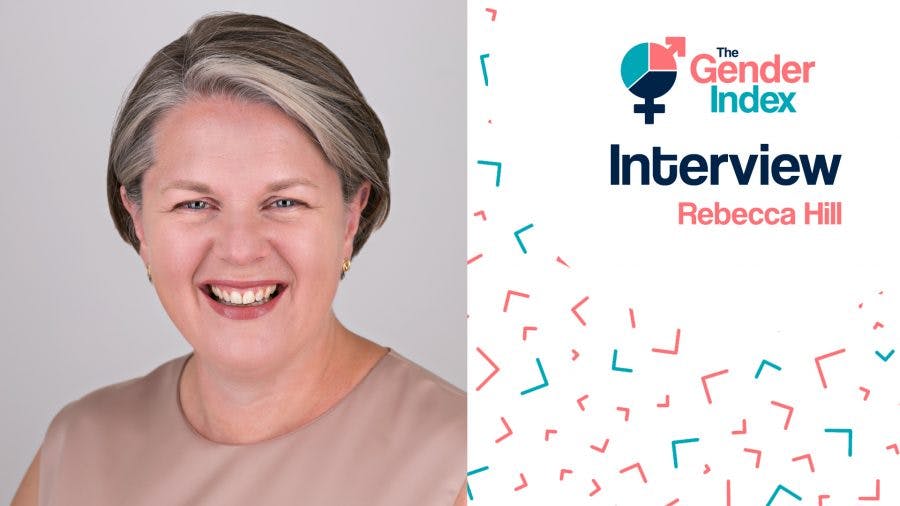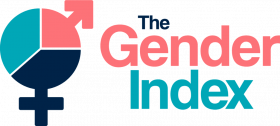We use cookies to effortlessly improve your experience on our site. Cookies also help us understand how our site is being used, so that we can keep making it better. You can read more about it in our cookie policy and change your settings here at any time.
We’ve been stuck in an infrastructure supporting the ‘masculine’ norm of how companies are set up and grown

Within our burgeoning TGI network are some incredible thought leaders and #TGIgamechangers.
We have asked them to share their insights on why this data is so important.
We caught up with Rebecca Hill, the founder of consulting business Wise Sherpa. Rebecca is a former ‘big 4’ global director, with an extensive background working for major global professional and financial service companies. She is also an experienced business strategy consultant and the author ofFrom work life to new life: reinventing retirement for smart professionals.
As a female business owner, what does The Gender Index mean to you and why is it important?
For me it’s about having a much clearer view of female founders and leaders in UK enterprise. It matters, because currently we simply don’t have the data. And while we can estimate the sectors women founders and their companies are in, their growth stages and the support they might need, we simply haven’t got an accurate view.
Which means we’re still operating in an infrastructure that supports the historical ‘masculine’ norm of how companies are set up and scaled.
Without this data, it’s harder to create a business case for the Government, local authorities, private sector and other organisations to provide much needed support.
In your capacity as a coach of female founders and leaders, what are the biggest challenges they face?
They often struggle with what it means to be a leader, in the context of scaling a company. This touches on some of the areas documented in The Rose Review; lack of role models, lack of networks, lack of sponsorship and funding opportunities. More experienced women may have existing networks, but they are not necessarily the ones they need to scale.
How can The Gender Index help with some of these challenges?
My hope is that it will better connect women and the ecosystem. We discovered from The Rose Review that networks need to be virtual or hyper-local for female founders, as it’s harder for many women to travel. The Gender Index could help connect women interested in scaling their companies for example, so their journey isn’t as isolated or lonely by providing data to organisations looking to connect female founders for networking purposes etc, or they could even set up their own communities.
For investors, finding female founders with high growth companies to invest in is like looking for a needle in a haystack! This data gives them a much better sense of where the opportunities are; the sectors where female founders are clustering and wanting to scale.
What opportunities can it help generate?
As well as connecting women and helping to connect founders to investment, there’s a policy piece. The Gender Index gives the Government the data it needs to finally target resources with far more impact in this area, rather than the current inconsistent, scattergun approach. It could play a valuable role in the levelling-up agenda.
What change might occur through the publication of this data?
Hopefully more support from the Government especially in terms of funding, including more start up grants for women-founded businesses. We just don’t have that at the moment.
We know that COVID has had a disproportionate impact on female business owners because of their caring responsibilities and the sectors their businesses tend to be in. We can use this data to help those women get back on track.
How can The Gender Index support the broader business community with purpose-led activity?
We also know that more women set up impact businesses, such as social enterprises. The Gender Index could help stimulate business for greater good. There’s a rich opportunity and story to be told about what women are doing in this area.
There’s also an opportunity for more established businesses to get on board, and go beyond the statutory stuff around parental leave and the gender pay gap, and support female enterprise for example by committing to spend x % purchasing products and services of female owned companies.

